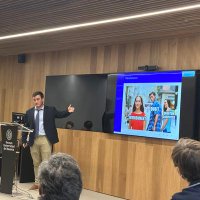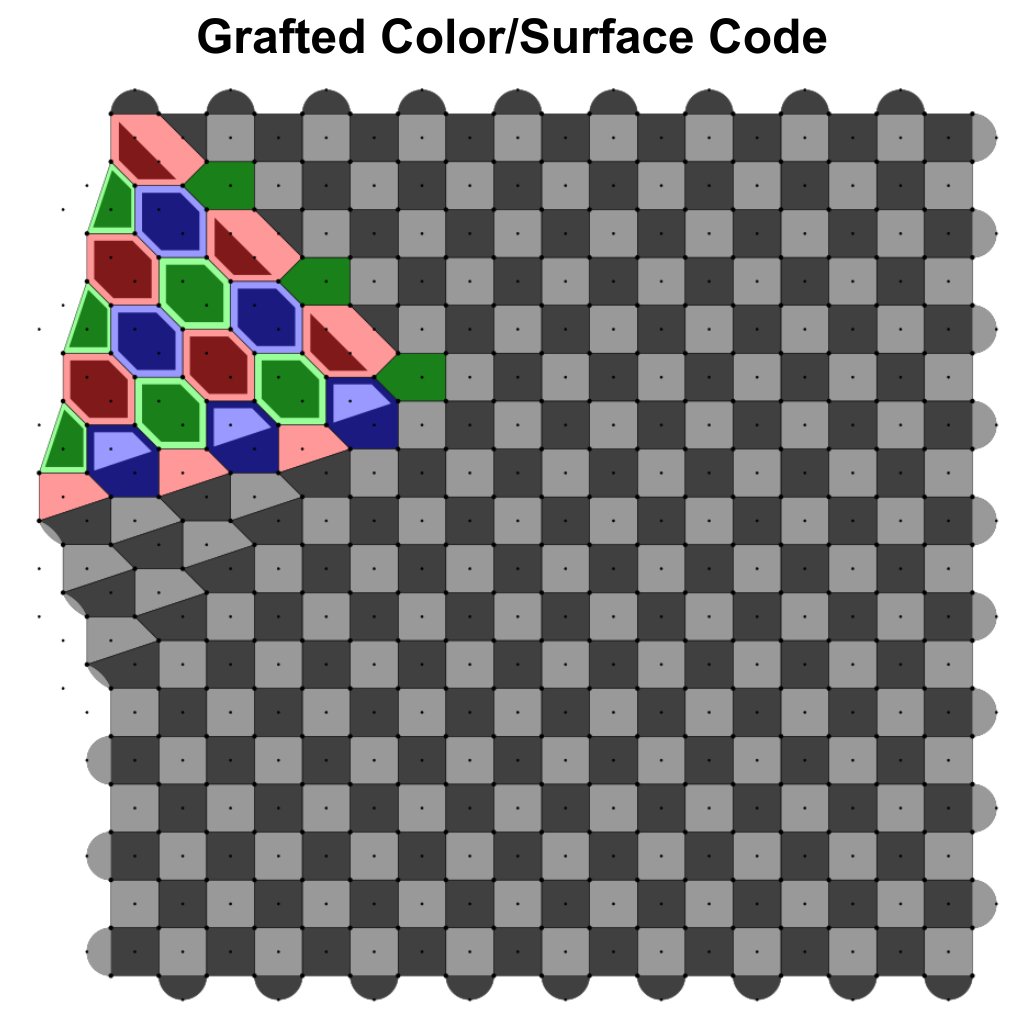
Michael A. Perlin
@particle_perlin
Quantum computing at JPMorganChase. QEC or bust. Opinions my own.
ID: 2797254210
https://www.linkedin.com/in/perlinm/ 08-09-2014 05:21:32
419 Tweet
429 Followers
401 Following

Congratulations Anna Maria Rey Ayala of CU Boulder 🦬, National Institute of Standards and Technology, and JILA, newly inducted #NASmember! #NAS161 #physics
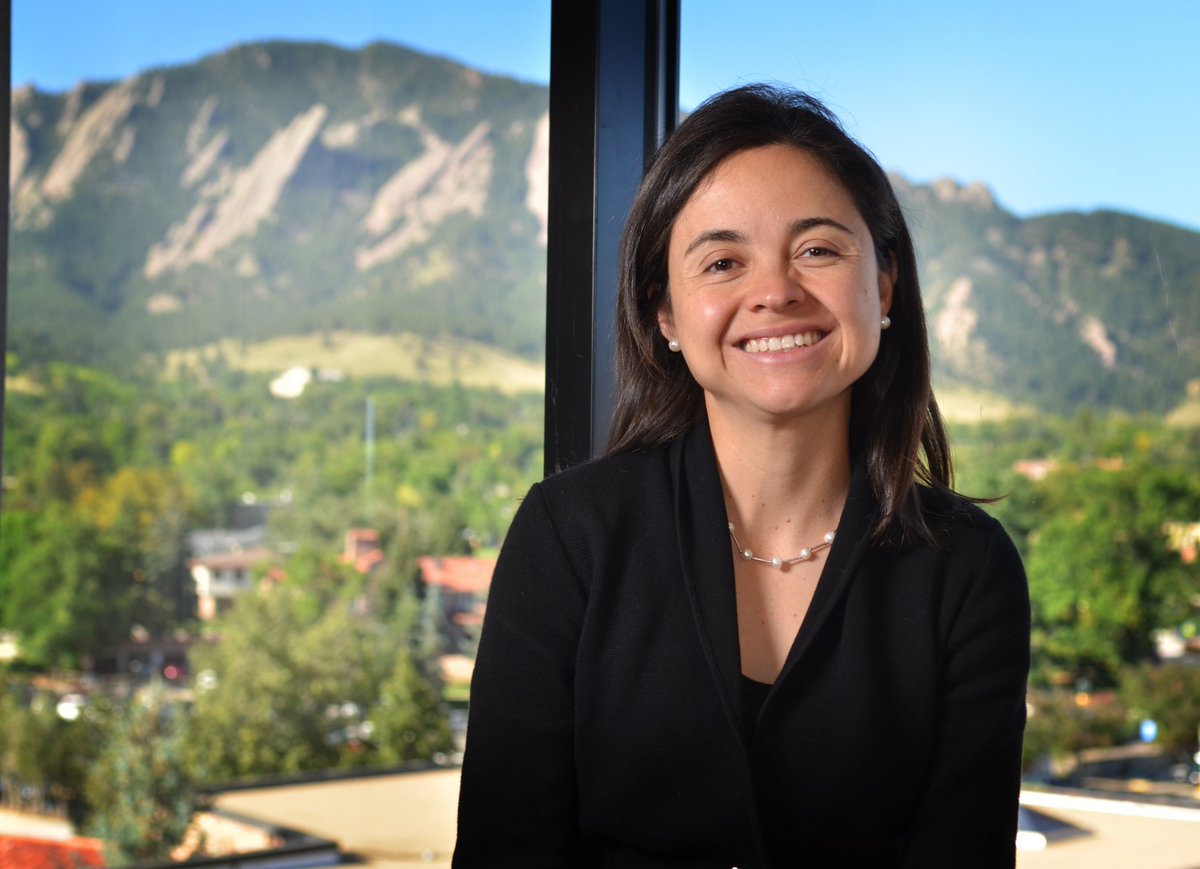



New on the arXiv.org: Robust Quantum Sensing with Multiparameter Decorrelation: arxiv.org/abs/2405.07907. A new adaptable method uses machine learning to design quantum sensors that filter out noise. Michael A. Perlin CU Boulder Physics

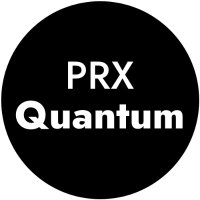
Spin-cat codes in neutral-atom qudits yield the potential for fault tolerance with a high threshold and low resource overhead. Sivaprasad Omanakuttan Ivan Deutsch Vikas Buchemmavari jarthurgross #CQuIC Univ. of New Mexico go.aps.org/3RgbG29
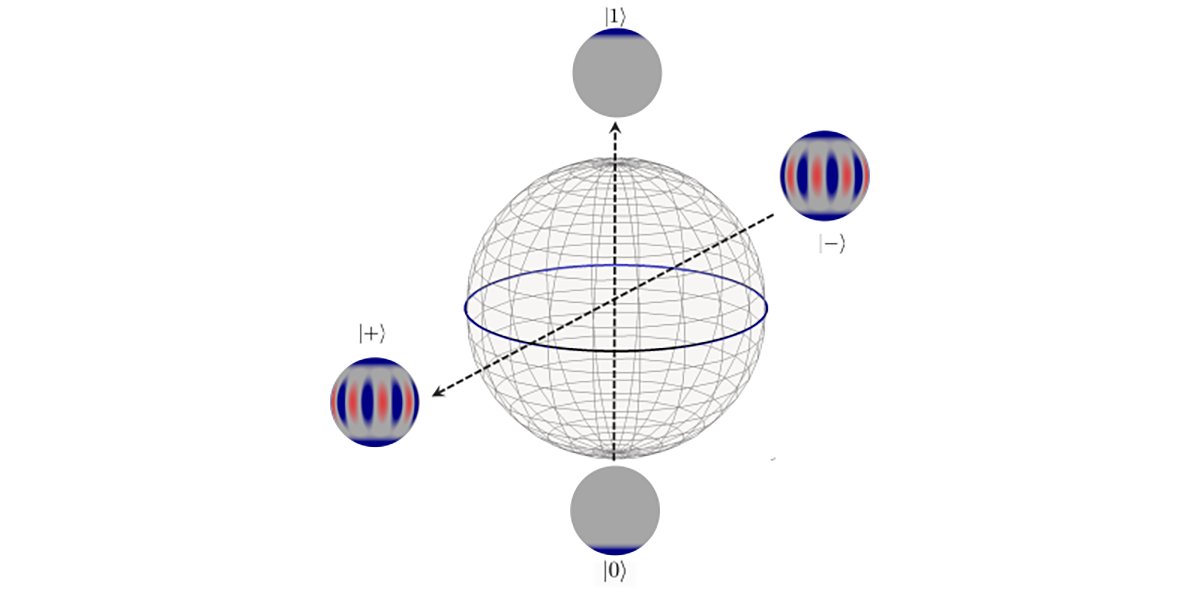

Very excited to see this in press. Led by Sivaprasad Omanakuttan & Milad Marvian, with Vikas Buchemmavari and jarthurgross, we show how large spin systems can be used to reach high-threshold/low-resource fault-tolerant quantum error correction. Atomic spins are the natural platform.

I'm thrilled to join Global Technology Applied Research at JPMorgan Chase today to focus full-time on quantum error correction, from fault-tolerance experiments to new code development. Looking forward to working with Marco Pistoia, Ruslan Shaydulin, Sivaprasad Omanakuttan, and others!
